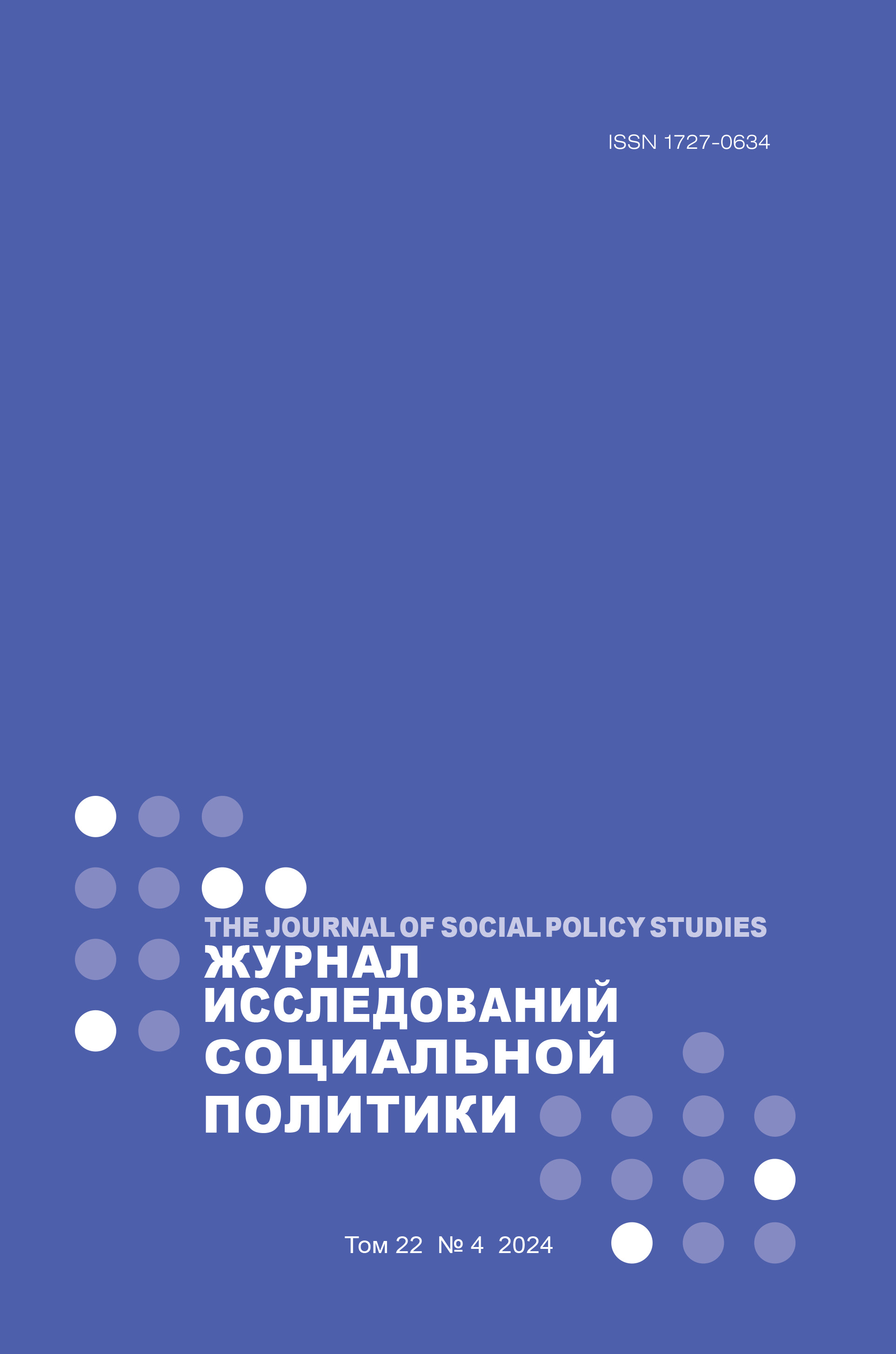Social Identity Formation of Young People with Disabilities in the Context of Different Environmental levels
Abstract
This review discusses the features of social identity formation in young people with disabilities as they interact with various levels of their environment. For people with disabilities, the process of identity formation is complicated not only by internal barriers caused by insecurity and overprotection, but also by external barriers, such as social stereotypes and the limited accessibility of the physical environment. Society often creates additional barriers to their integration, making it more difficult for them to normalize their social roles. At the same time, many young people with disabilities do not perceive themselves through the lens of limitations and strive to lead normal lives. However, the current situation in Russian society does not fully support the integration of such individuals into the social fabric, which negatively affects the formation of their social identity. This, in turn, slows down social and psychological adjustment processes and exacerbates problems in interacting with others. Studies that view disability as a result of social exclusion emphasize the importance of analyzing the social environment as a key factor in identity formation. The article is based on a literature review and an analysis of young people with disabilities’ interactions with different levels of the environment, including the physical, educational, and occupational domains. The authors conclude that the nature of these interactions can either lead to the development of dependency attitudes and further isolation or to the emergence of a positive identity that enables young people with disabilities to successfully integrate into society, obtain education and employment, and achieve the status of independent citizens. The development of such a positive identity requires significant efforts not only from the young people themselves but also from the environment, which needs to become more inclusive.















